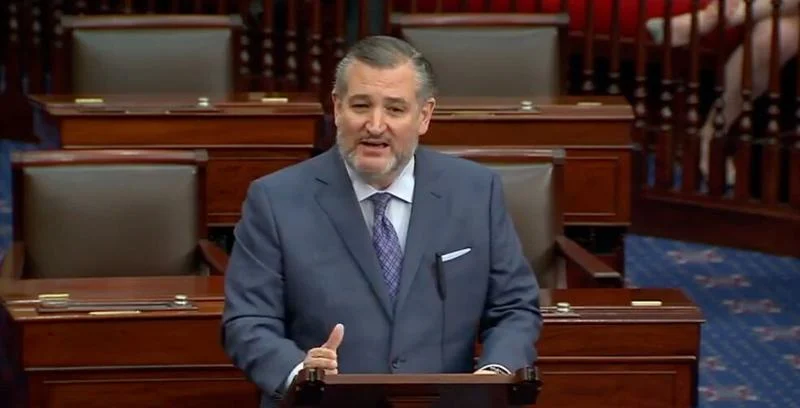After last-minute changes, the U.S. Senate is preparing for a final vote on the One Big Beautiful Bill Act, a multitrillion-dollar package that codifies the expiring 2017 tax cuts and hikes the debt ceiling by $5 trillion.
Republican leaders have spent weeks trying to rally their constituents around the massive budget reconciliation bill, which also funds President Donald Trump’s energy, border and defense agenda while scoring $1.6 trillion in federal savings.
The House-passed bill’s net $3.3 trillion ten-year price tag and precedent-changing cost-scoring methods initially sent fiscal hawks running for the hills. Other Republican factions balked at controversial Medicaid reforms or the lowered state and local tax (SALT) deduction cap.
Over the weekend, however, Senate Republicans crafted placating edits to the bill to appease holdouts in their chamber, where only a majority vote is needed for the bill to pass.
The current Senate version of the OBBBA, which originally slowed the House’s phaseouts of “green” energy subsidies in the Inflation Reduction Act, eventually backtracked to align more closely with the previous plan.
The bill now repeals a net $517 billion in unobligated IRA funds by requiring eligible solar and wind energy generation projects to be placed in service before 2028. It takes a less restrictive approach to nuclear, geothermal, hydrogen and hydropower generation, while also adding metallurgical coal to the list of energy sources eligible for tax credits through 2029.
Notably, the Senate included a new tax on wind and solar projects using materials from “foreign entities of concern” – including China, which is currently the top provider of solar panel components to the U.S. The Senate text also terminates electric vehicle tax credits almost immediately and phases out credits for EV charges in mid-2026.
But the savings generated by these changes won’t win over all fiscal hardliners, given that Senate Majority Leader John Thune, R-S.D., confirmed the OBBBA will use current policy baseline to essentially paper over the cost of codifying the tax cuts. The House-passed OBBBA, operating under the standard current law baseline, only extended the tax cuts for ten years and budgeted for the lost revenue accordingly.
Lawmakers who are concerned about the OBBBA’s gradual lowering of the 6% Medicaid provider tax cap to 3.5% acquired a $25 billion hospital stabilization fund after tough negotiations with Thune.
They will also have the opportunity to vote Monday on a Republican amendment that would double the fund by imposing a 39.6% tax bracket on taxpayers making over $25 million annually.
Thune also compromised with SALT holdouts – all lawmakers in the House, which must later approve whatever the Senate passes – by temporarily raising the $10,000 deduction cap.
Instead of making permanent the House’s $40,000 cap proposal, the Senate’s OBBBA would raise the cap to that level until 2030, when the cap would return to $10,000 permanently.
With Sens. Thom Tillis, R-N.C., and Rand Paul, R-Ky., having voted against the bill in a procedural vote Sunday, Thune can only afford to lose one more Republican vote if the OBBBA is to pass. The upper chamber will spend all of Monday introducing and voting on amendments, with a vote on final passage expected no earlier than Monday night.






